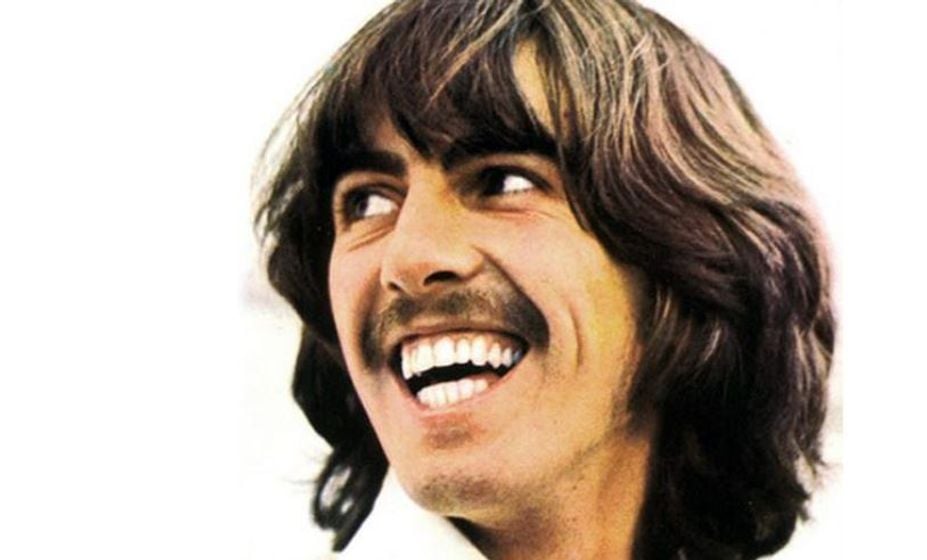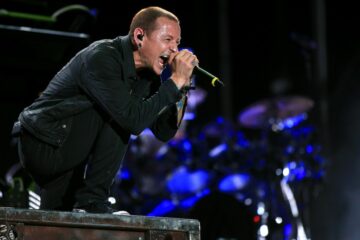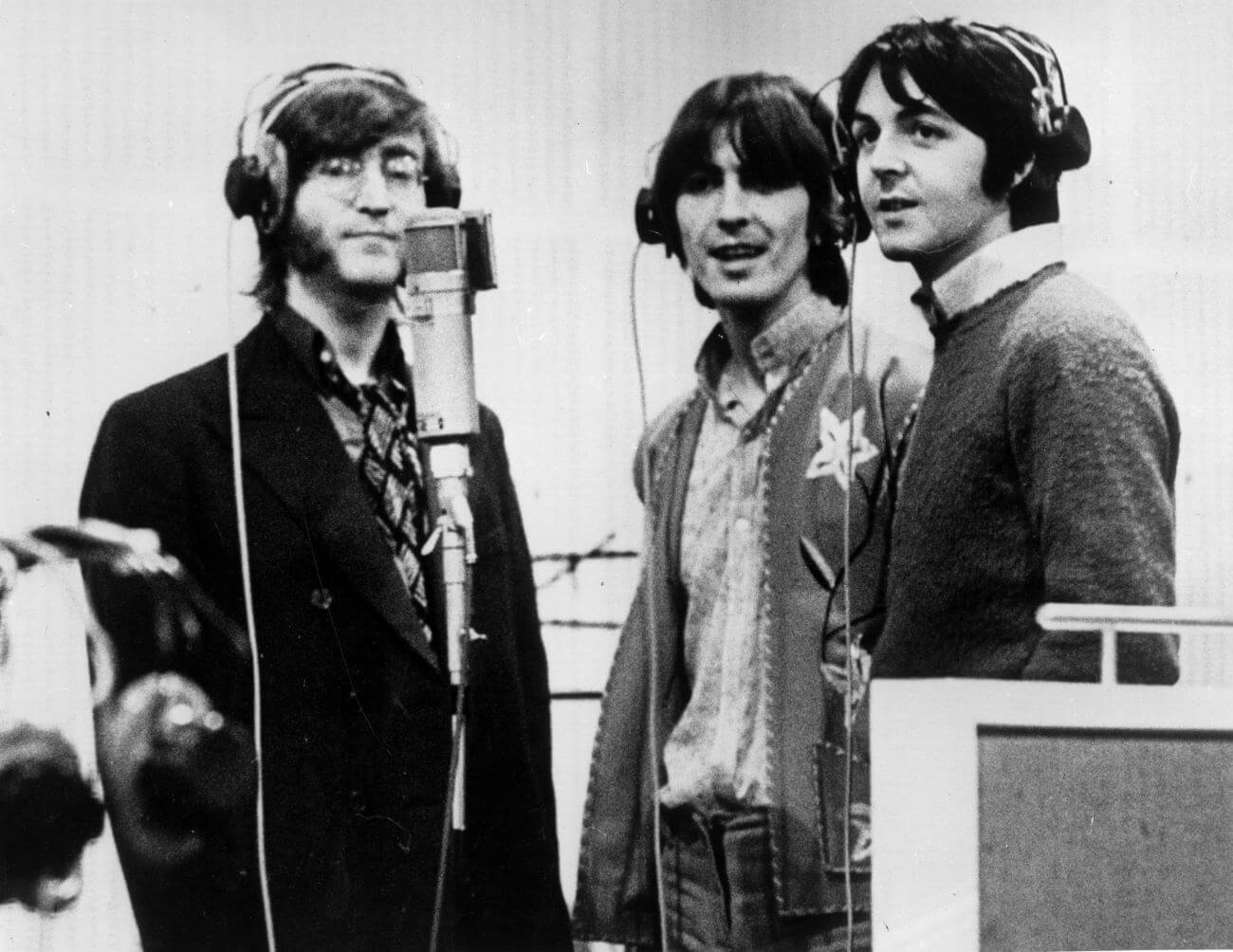The split of The Beatles is often wrongly attributed to a singular interruption like Yoko Ono’s influence or a rift between John Lennon and Paul McCartney, but one thing that is seldom mentioned is the emergence of George Harrison. The so-called quiet Beatle was the first of The Fab Four to break out and release a solo-record when he shared the film score Wonderwall in 1968. It gifted him an appetite for sole creative freedom, something which he would long for until the band split up. Before that, Harrison was upset by creative “limitations”.
Harrison recorded his debut album between November 1967 and February 1968 in both London and Bombay. Indian culture was famously a major influence on the guitarist. He used the film score to further promote the country’s heritage of classical music by introducing Western audiences to instruments that were relatively unknown such as the shehnai, sarod, tar shehnai and santoor. A collection of traditional instruments which he juxtaposed with experimental psychedelic rock. The freedom that he felt in the recording process was one that he knew would be impossible to replicate when he got back into the democratic fold of The Beatles. The band would prevent him from following these visions to their fullest extent.
From the very moment he returned to The Beatles after the liberating experience of recording a solo album Harrison’s heart wasn’t fully invested into the band anymore. This exasperation would eventually make him temporarily quit The Beatles on January 10th, 1969, in the middle of the Let It Be sessions in Twickenham. He did so unceremoniously and without much fuss externally. Internally though, the frustration Harrison was experiencing was beginning to take over his life.
The irritation was largely born out of Harrison’s growing songwriting talent. He had started to flex his muscles on previous Beatles releases, something which had both impressed and perhaps annoyed the songwriting partnership of Lennon-McCartney—but for Let It Be Harrison had some big plans. Having spent much of the latter part of the previous year with Bob Dylan and The Band, working on tracks like ‘I’d Have You Anytime’, and with his work on The Beatles White Album so widely loved, Harrison had hope for the future of the Fab Four. It was a hope which was abruptly squashed upon linking up with his bandmates.
“None of us really thought about leaving until ’67 or ’68,” Harrison openly said to Crawdaddy Magazine in 1977. “Which was after we stopped touring. I know the first time for me which was the most depressing was during The White Album.”
The recording process for The White Album came just three months after he finished recording Wonderwall and immediately Harrison felt like he had his wings clipped. “It was a period that had started a bit negative. It was a bit difficult and we got through it and it was fine,” Harrison then reflected.
“Then I worked on an album with Jackie Lomax on an Apple record and I spent a long time in the States, and I had such a good time working with all these different musicians and different people. Then I hung out at Woodstock for Thanksgiving and, you know, I felt really good at that time. I got back to England for Christmas and then on January 1st we were to start on the thing which turned into ‘Let It Be.’ And straight away, again, it was just weird vibes.
“You know, I found I was starting to be able to enjoy being a musician, but the moment I got back with the Beatles it was just too difficult. There were just too many limitations based upon our being together for so long. Everybody was sort of pigeon-holed. It was frustrating.”
Harrison then profoundly added: “The problem was that John and Paul had written songs for so long it was difficult. First of all, because they had such a lot of tunes and they automatically thought that theirs should be a priority. So for me, I’d always have to wait through ten of their songs before they’d even listen to one of mine. That was why All Things Must Pass had so many songs because it was like I’d been constipated.
“I had a little encouragement from time to time, but it was very little. It was like they were doing me a favour. I didn’t have much confidence in writing songs because of that. Because they never said, ‘Yeah that’s a good song.’ When we got into things like ‘While My Guitar Gently Weeps,’ we recorded it one night and there was such a lack of enthusiasm. So I went home really disappointed because I knew the song was good.”
Harrison had finally built up that confidence in his songwriting which he lacked in the early days of the band and after stepping out on his own two feet as an artist, he knew he was more than capable of achieving success. But, simply put, his greatness was falling on deaf ears as he tried to establish songs which would make his huge solo LP All Things Must Pass a hit. In defence of Lennon-McCartney, during their tenure of leadership, The Fab Four had become the biggest band to ever exist so it’s excusable as to why they weren’t overly excited in hearing what George had brought to the table to change things up.
Instead, Harrison and the rest of the band eventually decided enough was enough and they went their separate ways. Of course, for the early post-Beatles years, it was George who was leading the pack in album sales, worldwide recognition and critical acclaim for his mammoth new record All Things Must Pass.
Life had taken each member of The Beatles down a different route but they were expected to arrive at the same creative destination which turned out to be heading towards an inevitable ending. The break-up of The Beatles’ may have seemed like the end of the world at the time but the future for the band was bleak if they didn’t call it a day— they all had a new-found creative itch they felt compelled to scratch and it was time for new surroundings. The split of The Beatles gave Harrison the creative license to explore this side of himself which simply didn’t exist when the band started and he no longer wanted to be an extra in the Lennon-McCartney story, he was determined to be the main character of his own story.



